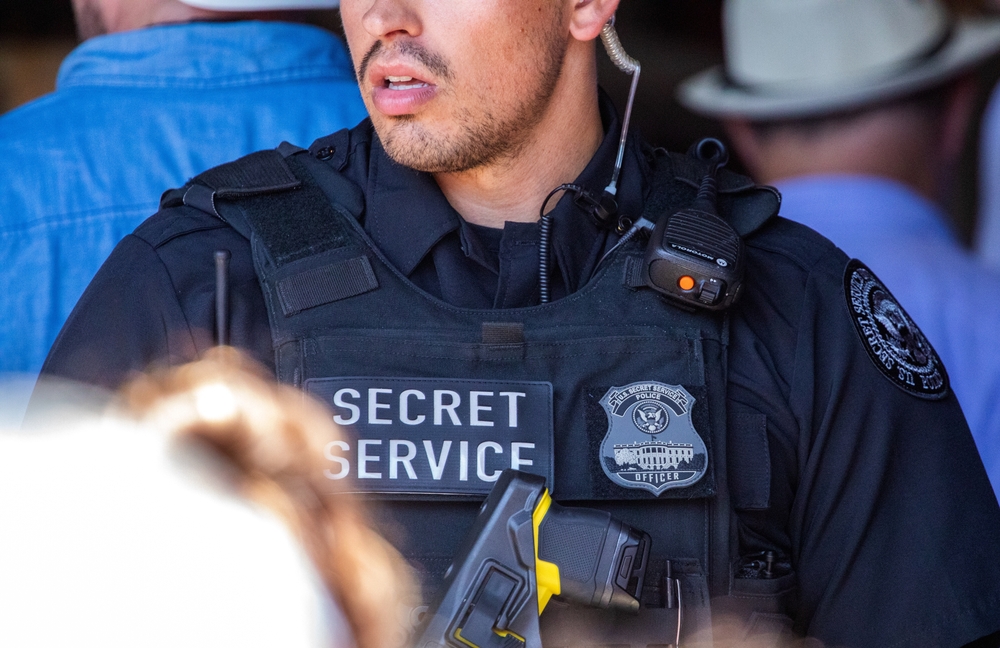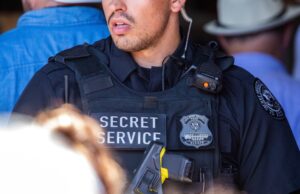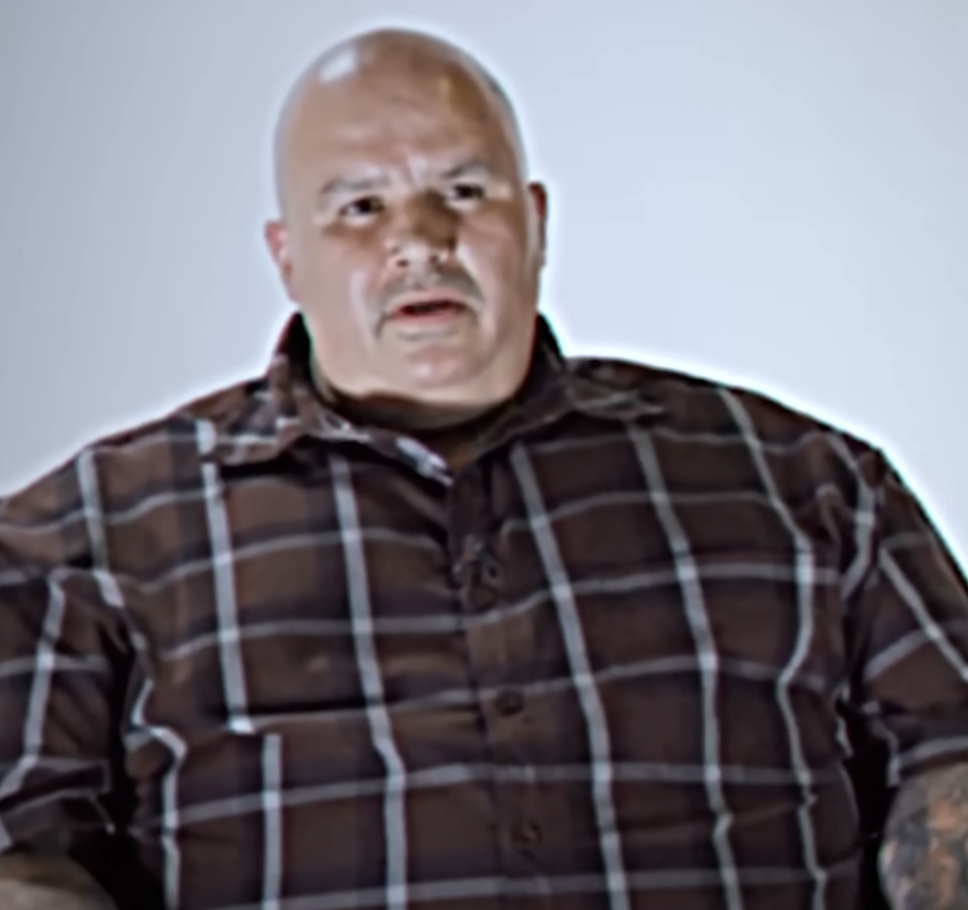By Steve Neavling
The U.S. Secret Service’s counter sniper unit was operating at nearly three-quarters below its required staffing level for four years, leaving top officials vulnerable during a period of rising political violence, according to a Department of Homeland Security inspector general report.
The review was prompted by the July 2024 assassination attempt on Donald Trump at a campaign rally in Butler, Penn., where a Secret Service sniper killed 20-year-old Thomas Matthew Crooks after he fired into the crowd. Crooks fatally shot firefighter Corey Comperatore and wounded two others before he was killed. Trump, then the presumptive Republican nominee, was grazed in the ear.
Auditors did not evaluate the actions of the sniper who fired that day, but found systemic failures in staffing and training, Bloomberg reports. Between 2020 and 2024, the unit was “staffed 73 percent below the level necessary to meet mission requirements.”
To compensate, agents worked nearly 248,000 hours of overtime, which is the equivalent of 24 full-time positions each year, and borrowed personnel from other Homeland Security components. One agent logged 1,403 overtime hours in 2024 alone.
The watchdog also found that some agents were deployed even though they failed mandatory firearms requalification. Records showed none of the unit’s snipers requalified with daytime rifles in the second quarter of 2024, even as they worked 47 assignments for leaders including then-President Joe Biden.
“Failure to ensure appropriate staffing and training could result in injuries to or the assassination of our Nation’s most senior leaders and affect the entire country’s sense of safety,” the report said.
The shortage was partly blamed on a Secret Service policy requiring candidates to serve two years in the uniformed division before applying. The agency lowered that requirement to 18 months last year and began offering targeted postings and retention bonuses. Officials project the unit could reach authorized levels by 2026.
The inspector general urged the Secret Service to expand recruiting to military and law enforcement personnel, create a formal staffing plan, and ensure only qualified shooters are deployed.






